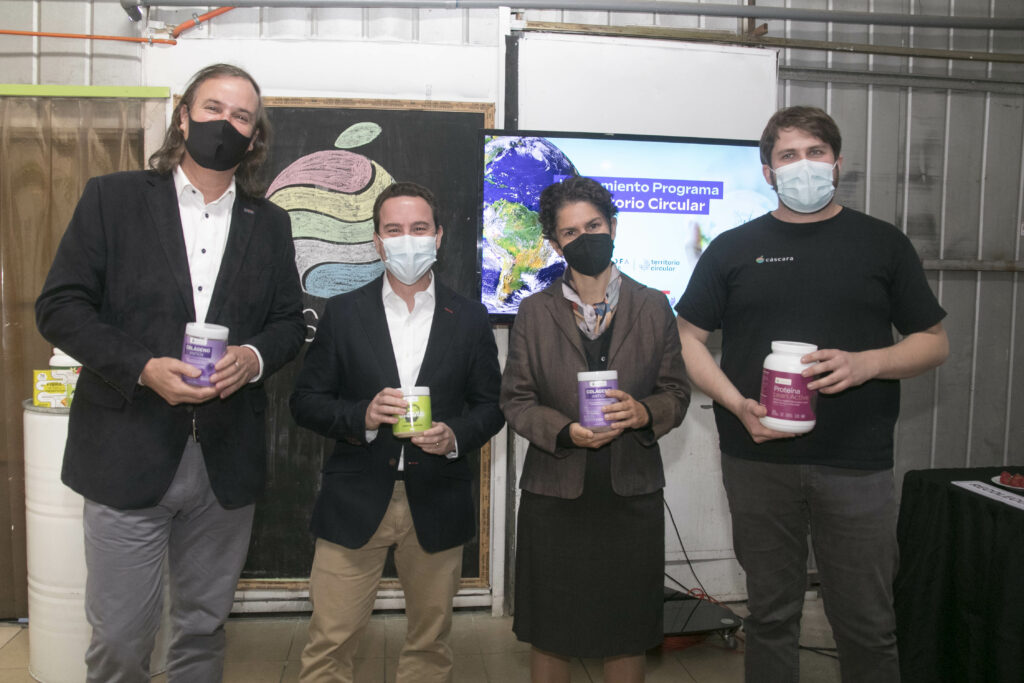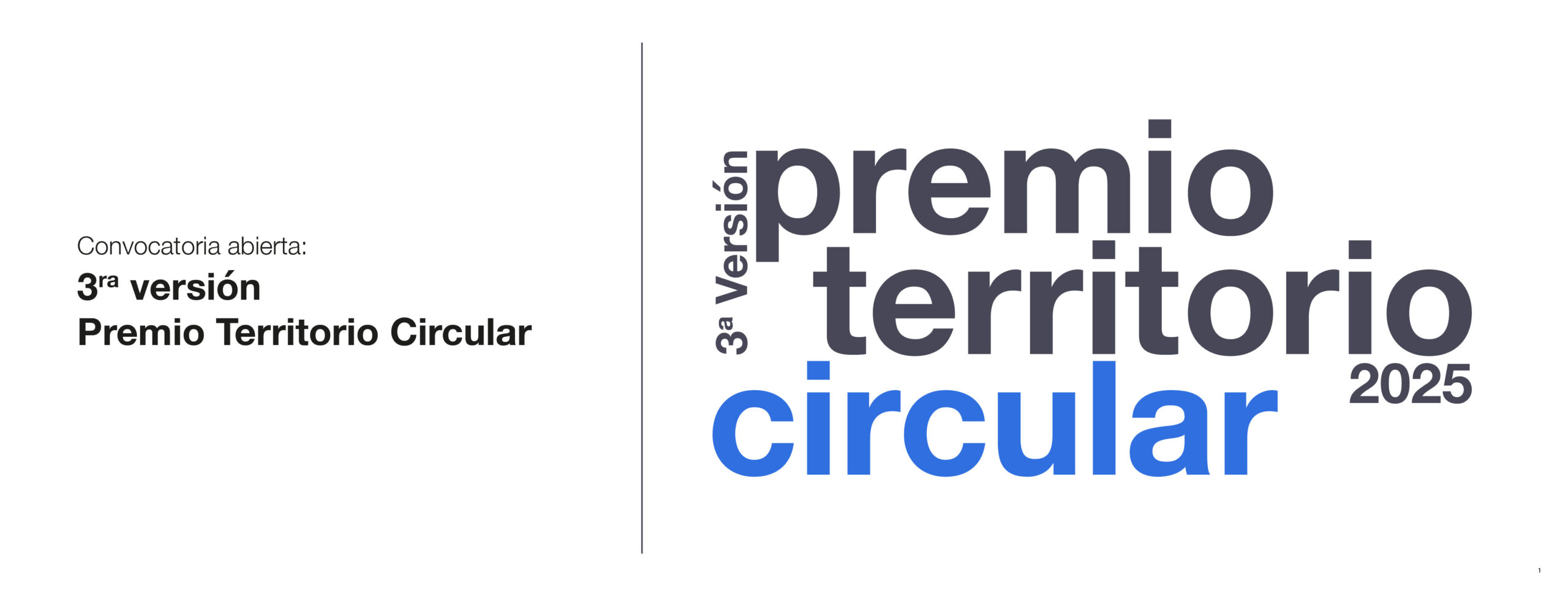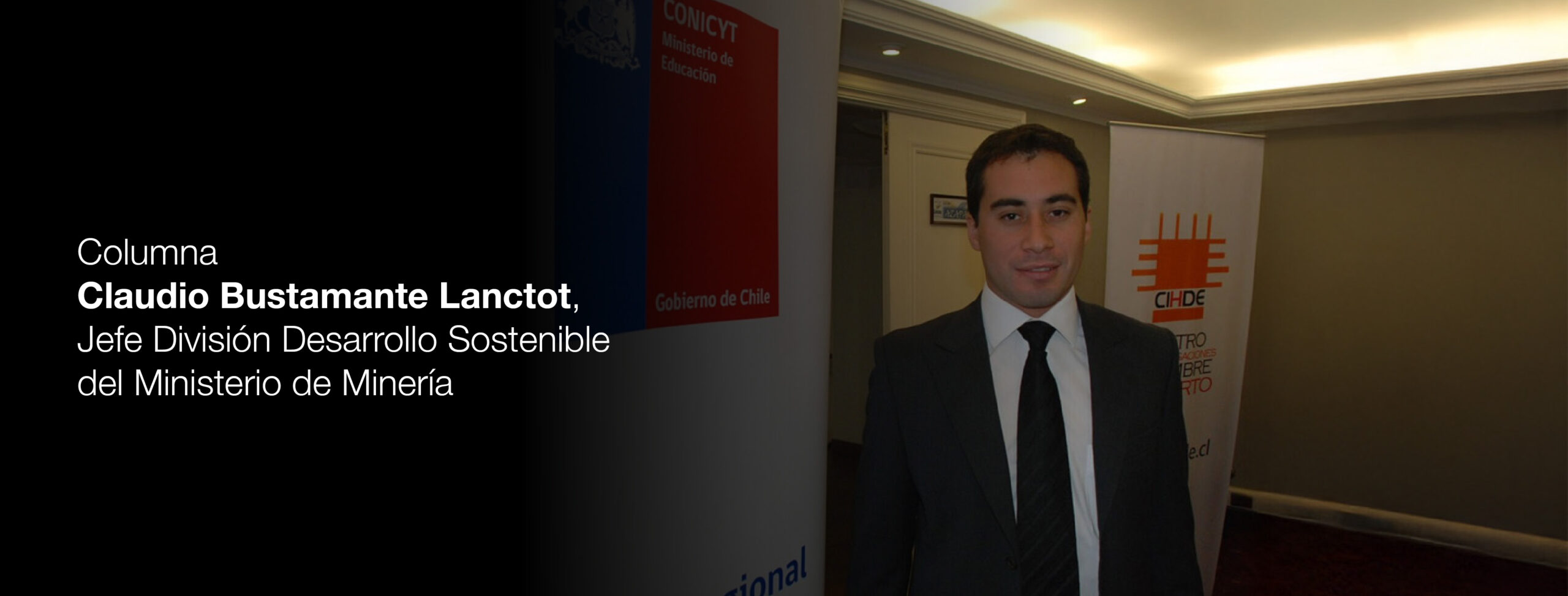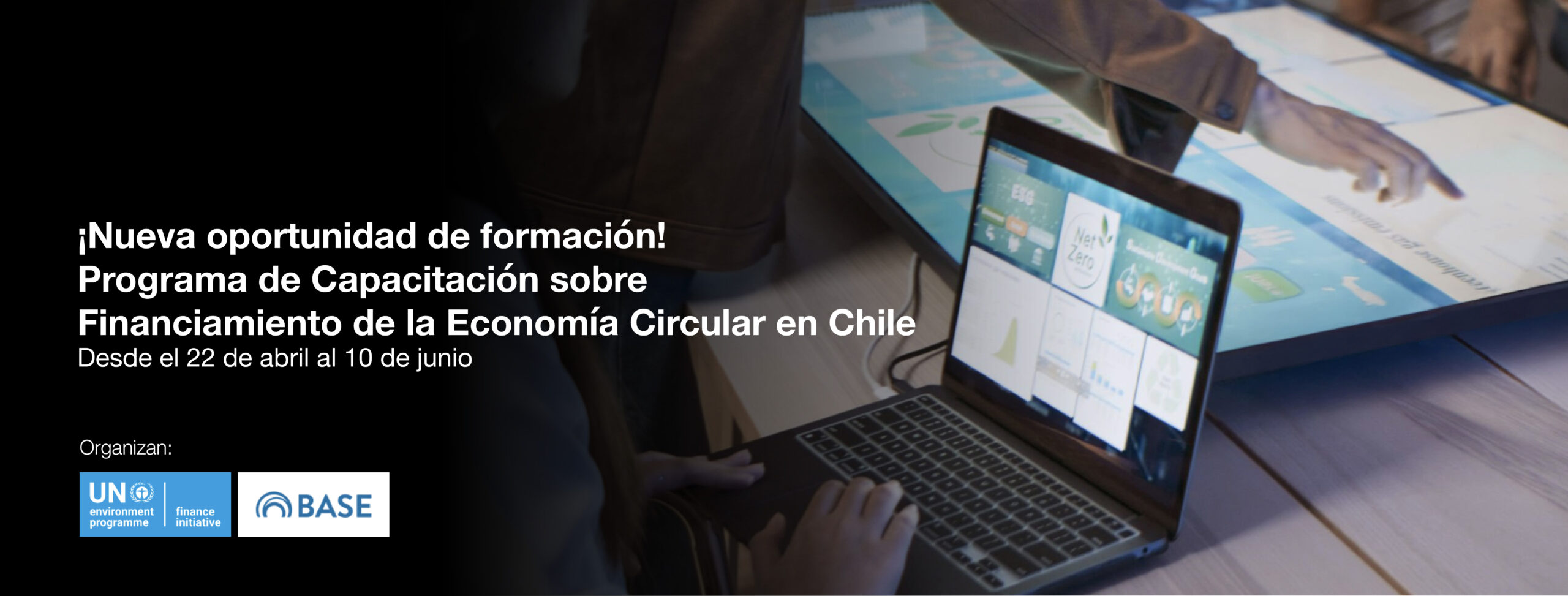The Circular Territory program will support the implementation of the Circular Economy Roadmap, which set stringent targets for 2040, such as increasing the overall recycling rate to 75%, generating more than 180 thousand green jobs, and reducing waste generation per inhabitant by 25%.
The Minister of the Environment, Maisa Rojas, along with Corfo’s Executive Vice President, José Miguel Benavente, and SOFOFA Hub’s Executive Director, Alan Garcia, launched the Circular Territory program, an initiative that seeks to accelerate the transition to circular economy in Chile, promoting the implementation of the Circular Economy Roadmap developed for the country.
The program promoted by Corfo and the Ministry of the Environment, and implemented by SOFOFA Hub, will promote tangible circular economy actions related to productive development, innovation, and articulation of productive chains, all with a territorial perspective.
Through collaborative work and public-private articulation, Circular Territory seeks to generate enabling conditions that contribute to an effective implementation of Chile’s Circular Economy Roadmap, promoting circular economy models that generate positive impact on the territories and their inhabitants. Its objectives are to improve the competitiveness and sustainability of the territories by promoting sustainable development through opportunities that link industry and the innovation and entrepreneurship ecosystem.
The Minister of the Environment, Maisa Rojas, explained that “to face the climate crisis and loss of biodiversity we must change the way we produce and consume, moving toward a circular economy, in which garbage does not exist. That is why I value the launch of this program, because it will allow the implementation of fundamental measures established in the Circular Economy Roadmap, such as sustainable development and nature conservation”.
Corfo’s Executive Vice President, José Miguel Benavente, explained that, “this program’s value proposition consists in accelerating the adoption of circular economy in Chile, in a profound transformation of production and consumption patterns into a sustainable development model, with a triple impact, that is direly necessary to address the new demands of external markets and local consumers, climate change mitigation and adaptation, and Chile’s international commitments such as achieving carbon neutrality by 2050.”
Alan Garcia, the executive director of SOFOFA Hub, explained that “in order to transform the great opportunities presented to us by circular economy into sustainable development, it is key that we be able to articulate different stakeholders. trigger cultural changes, and unlock regulatory constraints that currently prevent circular solutions from being scaled. We hope that Circular Territory will lay the groundwork to accelerate this transition, using collaboration in the territories as a springboard.”
The Roadmap
Through its public-private structure, Circular Territory will implement the actions laid out in the Circular Economy Roadmap, a document drafted in a participatory and cross-sectional way, containing measures for the country to advance toward the circular economy.
The roadmap’s vision is that, by 2040, regenerative circular economy will drive Chile to a sustainable, fair and participatory development, that puts the well-being of people at the forefront; this, through the conservation of nature and its living beings, responsible and efficient management of natural resources, and a society that uses, consumes and produces in a sustainable and conscious way, fostering the creation of green jobs and opportunities for people and organizations throughout the country.
The Circular Economy Roadmap proposes seven goals to achieve by 2040, through the establishment of 27 initiatives, each of which contains different actions, which total 118 specific measures to promote a waste-free circular Chile.
The goals include the generation of 180 thousand new green jobs, a 25% reduction of waste generation per inhabitant, the increase of material productivity by 60% and the increase of the general recycling rate to 75%.




